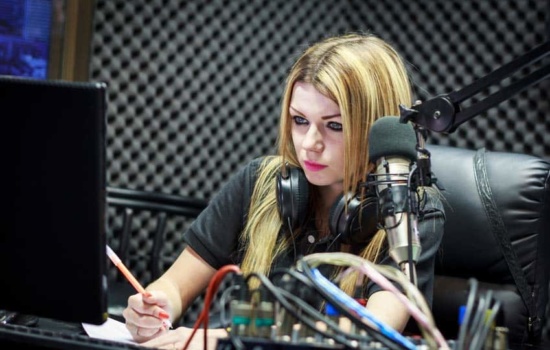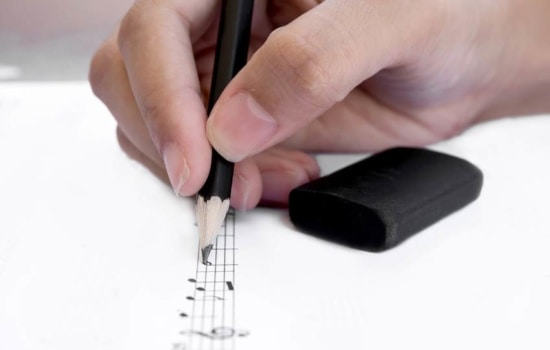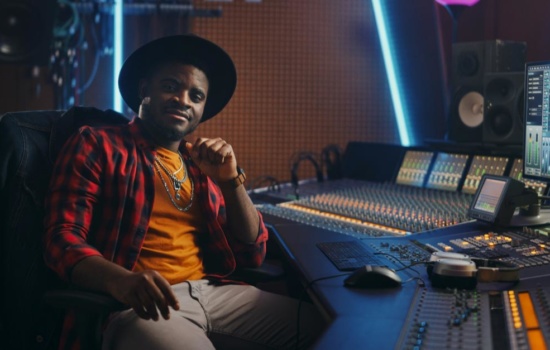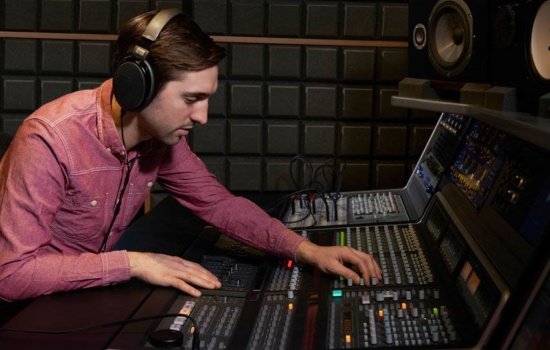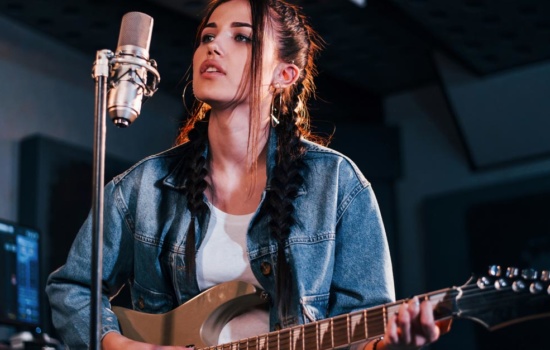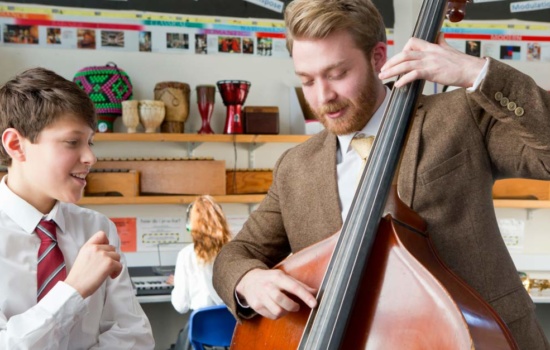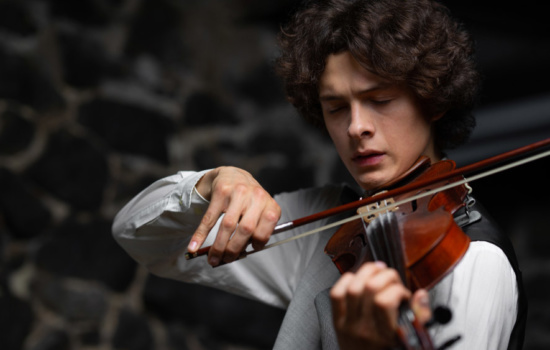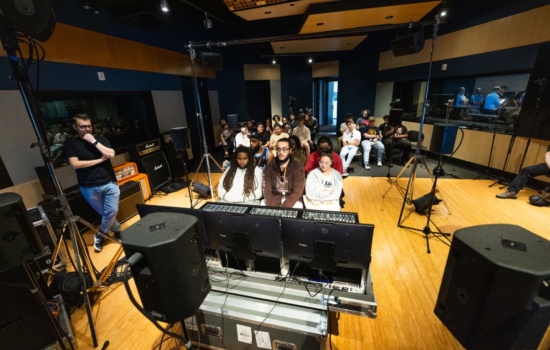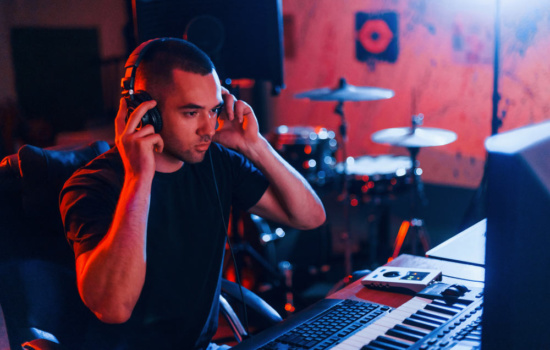A few interviews with Paul Simon are also in Songwriters On Songwriting (you should really get that book!), and he said something that changed the way I approach songwriting: he discovers songs rather than inventing them.
Paul Zollo (the original interviewer) followed up with Simon on this idea during an interview for American Songwriter.
“It’s like you’re wandering down a path and you don’t know what the destination is,” Simon said3. “Somewhere, toward the end, you can sort of see what the destination is and you can understand what the journey is about.”
When he’s writing a song, he said it’s almost like he’s a first-time listener.
“[The song] usually just goes along as a story that I’m telling, and I’m a listener, and at a certain point, I say, ‘Oh! That’s what it’s about,’” he said. “But that part of the process, I really can’t explain it.”
In the same way an Archaeologist uncovers dinosaur bones, Simon uncovers songs.
“I don’t really know why an idea comes to me,” he said. “But all of a sudden, an idea comes and from experience, I can intuit what something means when an interesting line pops up. Or I can intuit what an interesting choice might be. And I can try a couple of different choices, and see which one feels right, and then continue the song to see where it goes.”
Tangible Takeaway: start writing a song from your subconscious — don’t edit yourself at all, just write. I call this stream-of-consciousness writing. Try following the song instead of setting out to write a song about a certain topic.
Is it easy to write songs?
Caleb J. Murphy (CareersInMusic)
When you first start writing songs, no it will not be easy. Even after songwriting for several years, it can still be difficult. Songwriting is like digging for treasure – it can be frustrating, time-consuming, and some days you may not find anything worth keeping. However, when you do find something special for your song, it’s one of the most rewarding feelings. And the search for that feeling will keep you writing again and again.



